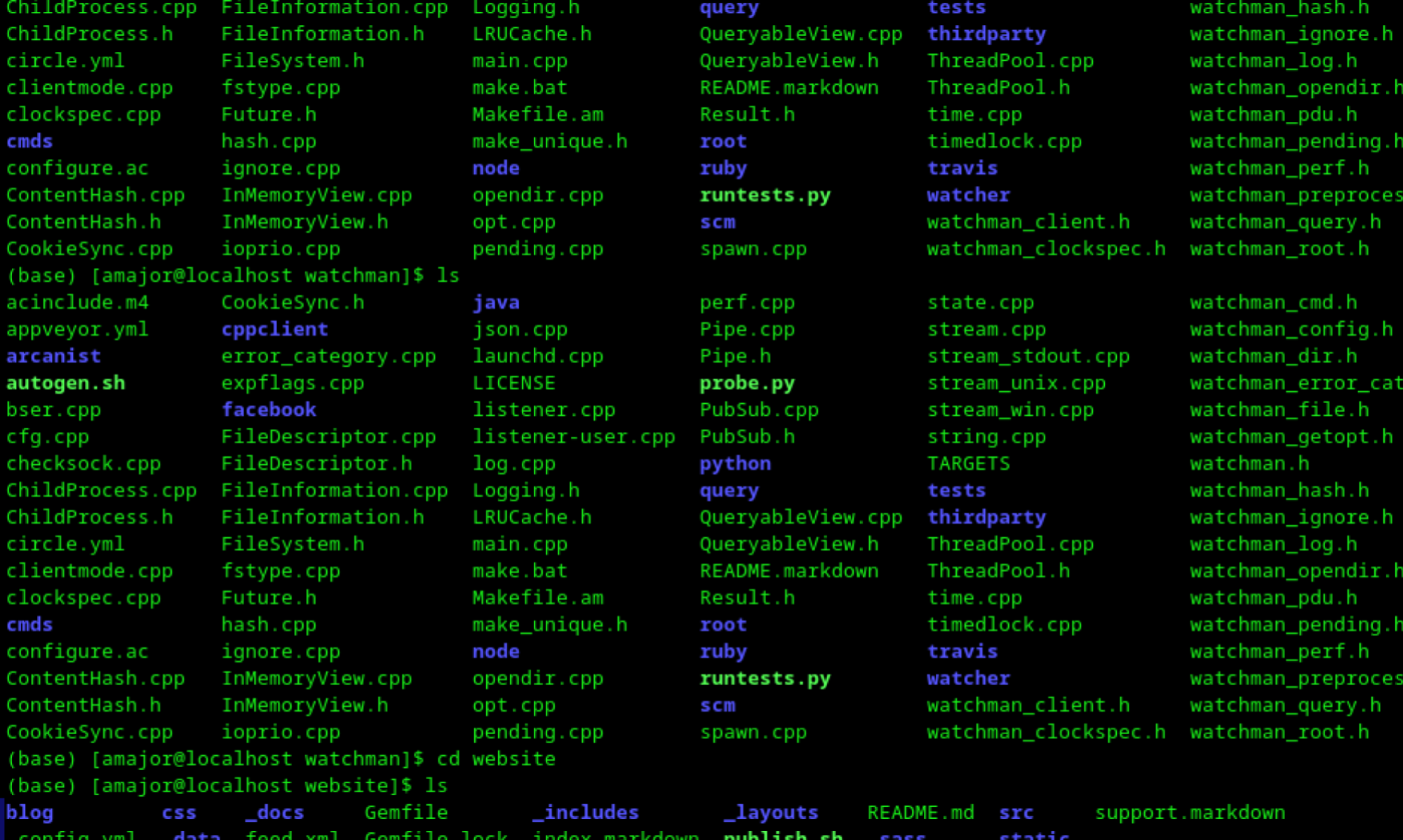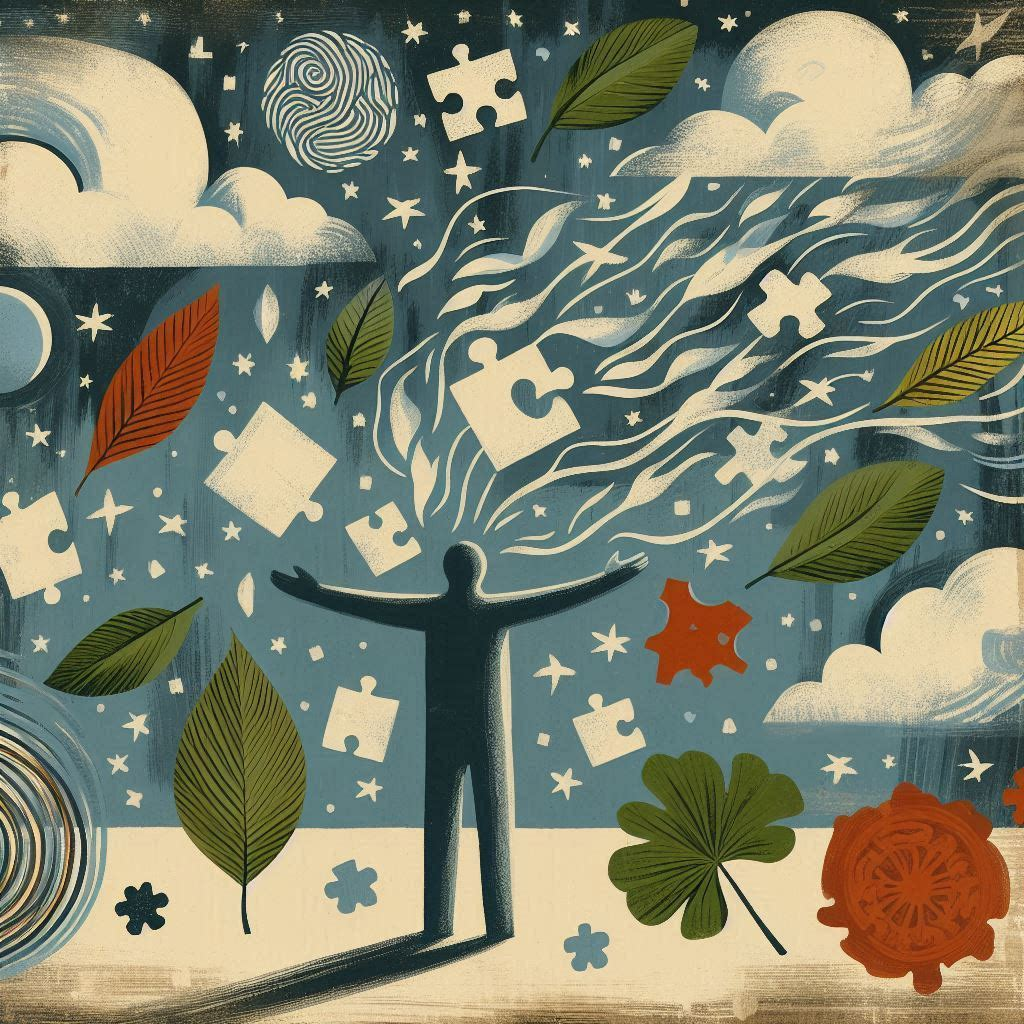Work diligently
Not for the praise of others
But for its own sake
Gratitude
In every event
Gratitude and kindness
Are always the way
Frustration
Complex tasks await.
Frustration lurks in each snag;
Don’t let it prevail.
Soften
Try to understand.
See things from others’ viewpoint,
Soften your judgements
In A new Way
Challenge your thinking
To see things in a new way.
Surprises await.
At Every Turn
Rise to the challenge,
An obstacle at every turn
Is a lesson learnt
Purpose
Start with this question
When uncertainty ensnares:
“What is my purpose?”
Second Guessing
Stop second guessing
Watch as the future unfolds
All will become clear
Motivation
When energy flags
Don’t let motivation wane;
Push for the finish
Precious
Learn from your mistakes,
Don’t make the same error twice.
Your time is precious
Persistence
Don’t be disheartened
By unplanned difficulties;
Practice persistence
In The Moment
Act in the moment;
Don’t let a good idea pass
In case you forget
Unexpected Pleasure
Savour the moment;
An unexpected pleasure
Tastes all the sweeter.
Acceptance of What is Beyond Our Control: The Stoic Path to Inner Peace
The tenet of “Acceptance of What is Beyond Our Control” forms a fundamental principle in Stoic philosophy. It teaches us to focus our energy and attention on the things we can control. Accepting with equanimity the aspects of life that lie beyond our influence, we avoid unnecessary friction. This post explores the significance of practicing acceptance, and how it leads to greater inner peace and resilience.
Understanding What is Within Our Control:
In the face of life’s uncertainties, we can use all the help we can get. The Stoics believed that certain aspects of life are within our control, namely our thoughts, actions, and judgments. By directing our efforts towards these internal faculties, we can shape our responses and navigate life with wisdom and virtue. Stoicism encourages us to take responsibility for our own choices and attitudes. We then recognise that these are the areas where true agency lies.
Embracing the Unchangeable:
Acceptance of what is beyond our control entails embracing the immutable nature of external circumstances. The Stoics advocated for acknowledging and accepting the inevitability of certain events and outcomes. We must recognise what is beyond our sphere of influence. External events, the actions of others and even the passage of time are outside of our control. Realising this, we can free ourselves from unnecessary suffering and anxiety.
The Power of Rational Judgment:
Stoicism emphasises the power of rational judgment in interpreting and responding to external events. We should not be swayed by emotional reactions or cling to our desires for a particular outcome. Rather, apply reason and objective assessment with a calm and rational mindset. In this way, we can respond to challenges and setbacks with clarity and resilience.
Finding Serenity in Acceptance:
The Stoics believed that accepting what is beyond our control is the key to inner peace and tranquility. When we resist or struggle against circumstances that are beyond our influence, we create unnecessary turmoil and dissatisfaction. By embracing acceptance, we release ourselves from the grip of external events. We can then find serenity in the present moment, regardless of the outcomes.
Navigating the Ebb and Flow of Life:
Life is inherently unpredictable and ever-changing. The Stoic principle of acceptance helps us navigate the ebb and flow of life with grace and resilience. It reminds us to adapt to circumstances, recognising that resistance only leads to frustration and disappointment. Through acceptance, we develop a mindset of flexibility and adaptability, enabling us to flow with the currents of life.
Fostering Emotional Resilience:
Acceptance of what is beyond our control fosters emotional resilience. It encourages us to detach ourselves from external outcomes and to focus instead on our own virtues and values. This detachment from external events liberates us from the emotional rollercoaster of highs and lows. We thus allow ourselves to maintain a sense of inner calm and stability.
Embracing the Present Moment:
In directing attention to the present moment, the Stoics emphasized the importance of being fully engaged with the present. By accepting and embracing it, we can find gratitude for what is. Longing for what could have been or worrying about what might be are simply a waste of time and effort.
In Summary:
Acceptance of what is beyond our control offers us a profound insight for navigating the complexities of life. By recognising and accepting the limits of our control, we can find inner peace, resilience, and emotional well-being. Stoicism teaches us that true power does not lie in trying to control external circumstances. Rather, in mastering our own thoughts, actions and judgments. Through acceptance, we embrace the wisdom to discern what we can change and what we must let go. This allows us to live with greater serenity and fulfilment.
If you have enjoyed reading this post, you may be interested in my other related articles collected here, or my full set of wellbeing and personal development posts here.
If you are distressed by anything external, the pain is not due to the thing itself, but to your estimate of it. And this you have the power to revoke at any moment.
Marcus Aurelius
Interruptions
Seek progress elsewhere
When interruptions arise;
Don’t waste a moment.

